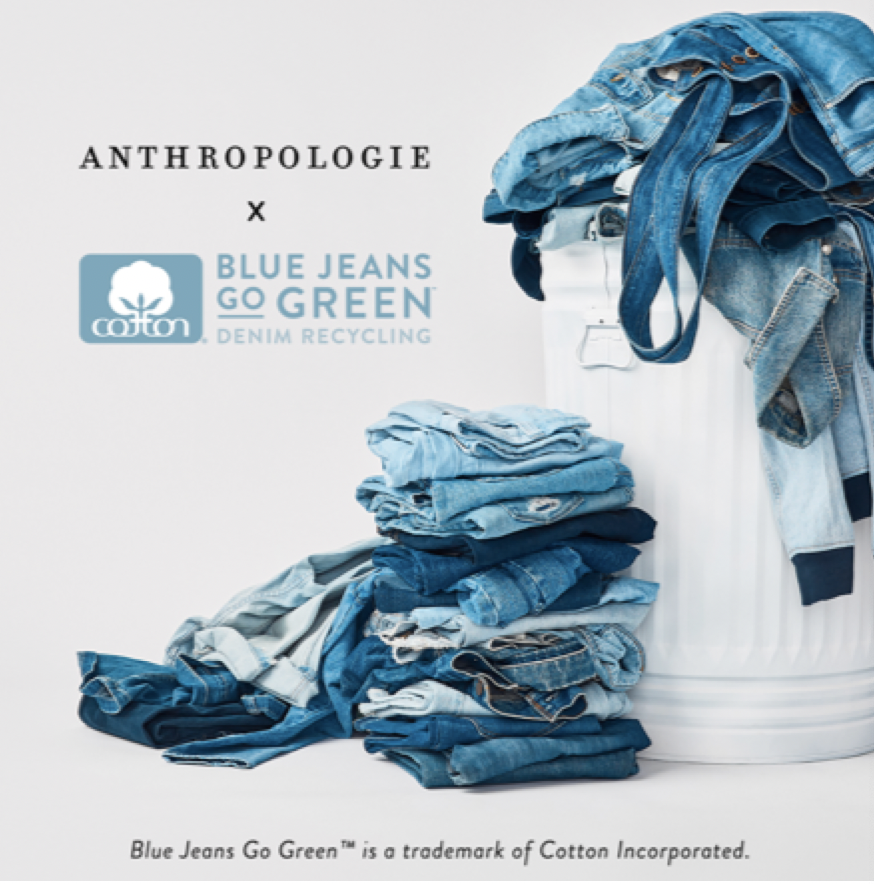Heat Waves Blister Textile Supply Chain Workers, These Tech Investments Could Help: Short Takes

Extreme Heat: Heat waves are just one compounding threat in the climate crisis, and textile supply chains are ill-prepared.
As major cities need heat action plans and climate technology solutions, so do employers — regardless of workers’ perceived exposure — argues ESG research and advisory firm Verdantix.
More from WWD
Bill Pennington, research director, environment, health and safety at Verdantix, told WWD that textile workers are among those with greater risk.
“Textile workers typically face high risk of safety incidents, especially in markets like India, Bangladesh and China,” he said. “Typically, even in the U.S., textile injury rates are around or higher than general industry average and in less developed countries they are very high. In many cases textile workers in these countries are uneducated, poorly paid and may even be essentially ‘forced’ into labor by withholding pay/visas/housing, etc. Coupled with the fact that many times, safety standards, training and mechanical barriers are insufficient or non-existent — there is very high risk.”
Cotton is a major source of income for many rural laborers, sustaining more than 100 million families worldwide, per the United Nations. And in 2019 alone, 9.6 million people were displaced in South East and East Asia (top garment-producing regions), due to cyclones, floods and typhoons.
Verdantix’s research includes environment, health and safety compliance (EHS) or all the rules, regulations and workplace efforts meant to protect the health and safety of employees and the general public from environmental hazards.
While extreme weather can’t be controlled, employers can deploy a web of technology-enabled mitigation solutions to curb impact.
For one, EHS and critical event management software can help companies assess the risk of weather events, locate at-risk individuals and act appropriately based on streamlined processes. One company called Everbridge offers a SMARTWeather system that automates location-specific severe weather alerts based on risk and affected individuals.
Not only in the case of field workers laboring in sweltering heats, but any task where heat overexposure can occur, wearable climate tech solution Kenzen wants to be of service. Kenzen’s devices track worker vitals in real-time via worn sensor devices that measure core temperature, worker microclimate, sweat rate, heat rate and over-exertion.
The devices are already in play. Earlier this month, the Department of Homeland Security awarded the Kansas City-based company $162,000 for the rollout of its devices to DHS personnel.
And the tech investments don’t end there. Verdantix also advised firms to consider investing in robotics, like drones, to gather sampling data (on air quality, noise, pollutants) or perform remote inspections on worker exposure.
Though nations failed to meet the financing goals outlined under the Paris Agreement to mobilize $100 billion per year by 2020 for meaningful climate mitigation action, stakeholders will only continue to experience deepening losses as the cost of climate inaction soars.

Textile Team-ups: This week, Anthropologie launched its first denim circularity program in collaboration with Cotton Incorporated’s Blue Jeans Go Green campaign.
As part of a kickoff promotion running July 25 to Aug. 7, customers can bring used denim to any of the brand’s more than 200 U.S. retail stores to be recycled into insulation materials through Cotton Inc.’s consumer sustainability program. Customers who participate in this initial call-to-action will receive $20 off a new pair of full-priced jeans priced at $100 or more. The program runs through Aug. 31 and is inclusive of jeans, jackets, shirts, skirts and more, provided content is at least 90 percent cotton.
On Tuesday, textile titan The Lycra Company announced a partnership with 3D software firm Browzwear, allowing customers to digitally design activewear, denim, swimwear, ready-to-wear and intimate apparel that includes Lycra fibers. The finished creations can be sourced directly from one of Lycra’s 15 global mills.
Sign up for WWD's Newsletter. For the latest news, follow us on Twitter, Facebook, and Instagram.
